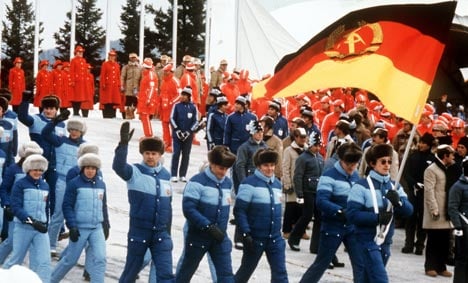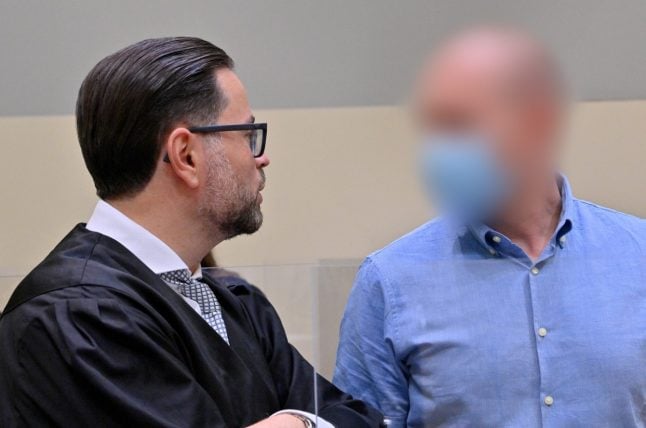Thomas Köhler, former vice president of the East German sports association DTSB, is the first high-ranking member of the defunct communist state’s sporting establishment to acknowledge that minors were also doped.
“When athletes participated (in doping programmes) from the age of 16, it was primarily done when their biological maturity was established,” Köhler wrote in the book “The Two Sides of the Medal,” to be published this week.
Doping “had been planned for select elite athletes, who were generally adults.
“There were exceptions, however, for example in swimming – a sport where the optimum age is lower. But the only athletes included were those who were among the best and had several years of training behind them,” he wrote.
Köhler, himself a two-time Olympic luge champion in 1964 and 1968, said that cheating was “the only way for East Germany to hold its own at the international level.”
The 70-year-old said that the communist officials had the interest of their athletes at heart, with 90 sports doctors employed to monitor their health.
“The distribution of medication (steroids) occurred under the closest observation by medical doctors performing their duties,” he insisted, disputing scientific evidence that athletes suffered ill effects from the little blue pills.
The East German state established a vast, systematic doping programme in the 1970s using Turinabol, an anabolic steroid which encourages muscle growth and allowed the country to excel in swimming, athletics and cycling.
During the 20-year period East Germany competed, the small country of 16 million people won 519 medals at 11 Olympic games, 192 of which were gold.
To achieve this success, the state ensured its athletes had the best available facilities and equipment, coaching and medical check-ups, psychological testing and dietary supplements.
But it was the scale of state-sponsored doping – known as State Plan 14.25 – that set East Germany apart and was only brought to an end after the collapse of communism when the Berlin Wall came down in November 1989.
It is estimated some 10,000 athletes were part of the doping programme which even involved the Stasi, the state’s secret police service, to make sure competitors took Turinabol – many allegedly without their knowledge.
The after-effects of large-scale doping only came to light later, with victims suffering from a host of disorders including cancer and sterility.



 Please whitelist us to continue reading.
Please whitelist us to continue reading.
Member comments